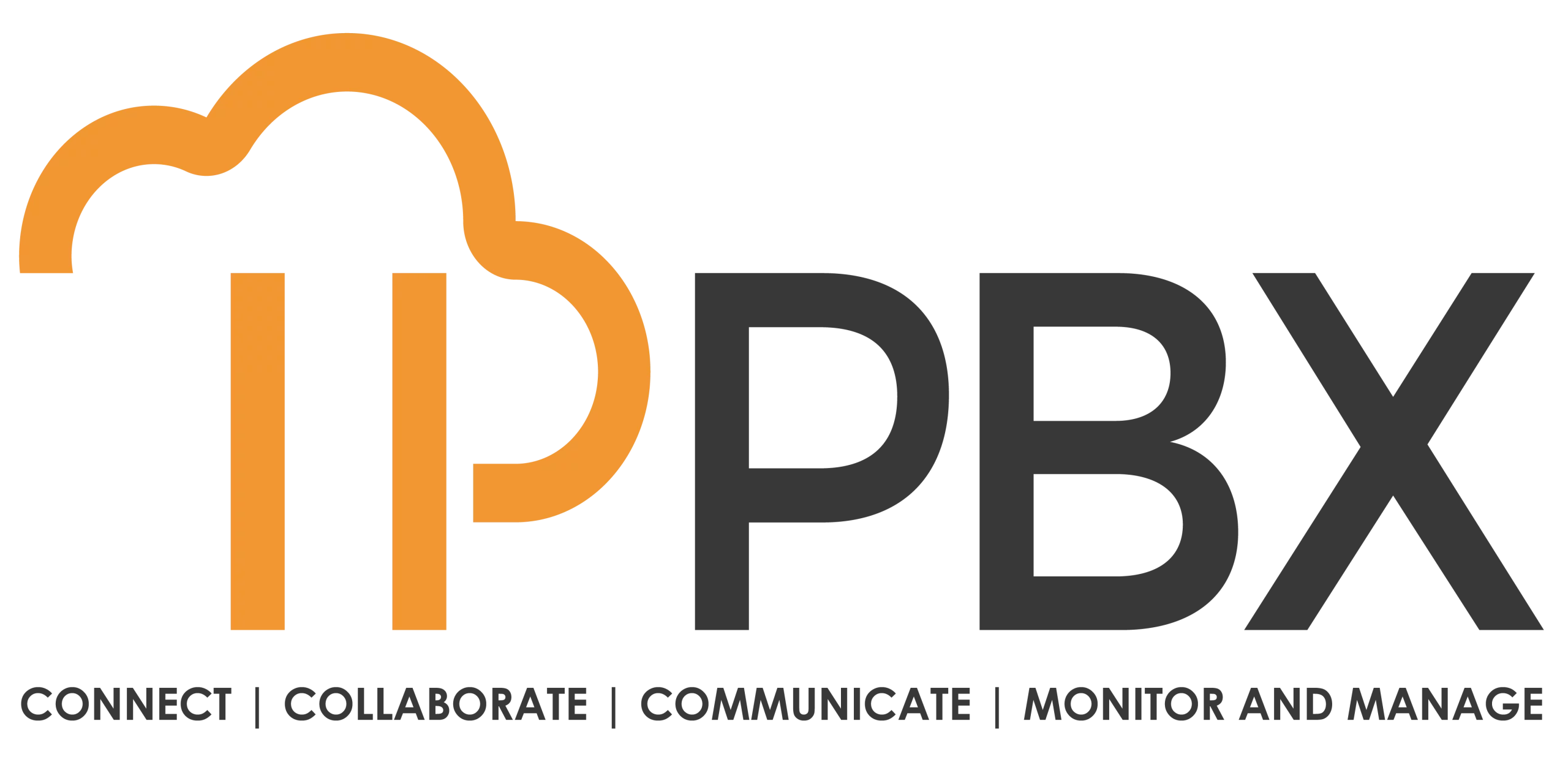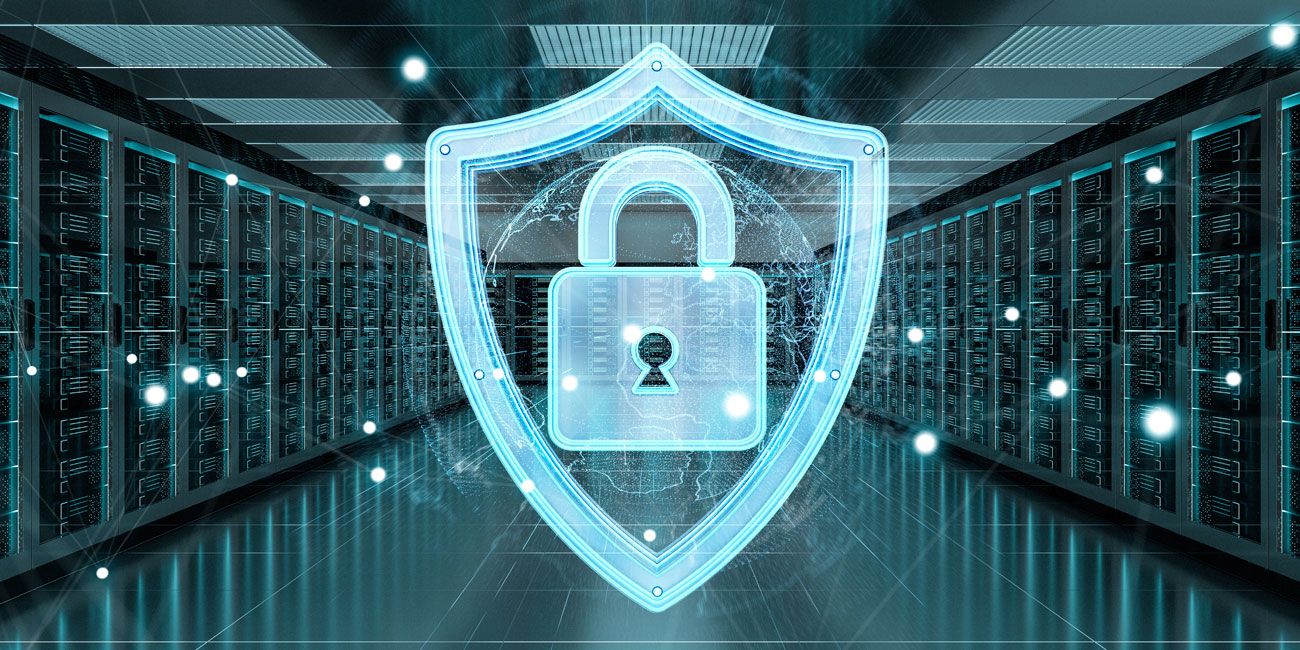Introduction
Electronic Medical Record (EMR) systems have revolutionized the way healthcare providers manage patient information. By digitizing patient records, EMRs enhance accessibility, improve patient care, and streamline administrative processes. However, the effectiveness of EMR systems can be undermined by security vulnerabilities, system downtimes, and integration challenges. To maximize the potential of EMR systems, healthcare organizations need robust IT support, particularly in the area of Firewall Management Services. This article explores how IT support enhances EMR systems and the critical role of firewall management in ensuring data security and operational efficiency.
The Importance of EMR Systems in Healthcare
1. Enhanced Patient Care
EMR systems provide healthcare providers with instant access to patient information, enabling them to make informed decisions quickly. This accessibility improves diagnosis and treatment, leading to better patient outcomes.
2. Streamlined Administrative Processes
By automating administrative tasks such as appointment scheduling and billing, EMR systems reduce the administrative burden on healthcare staff. This efficiency allows providers to focus more on patient care rather than paperwork.
3. Improved Data Accuracy
Digital records minimize the risk of errors associated with paper-based systems. EMR systems facilitate accurate data entry and updates, ensuring that patient information is current and reliable.
4. Regulatory Compliance
Healthcare organizations are required to comply with various regulations, including HIPAA. EMR systems help ensure compliance by maintaining accurate records and providing audit trails that track access and modifications to patient data.
Challenges Faced by EMR Systems
1. Security Vulnerabilities
As EMR systems contain sensitive patient information, they are prime targets for cyber attacks. Security breaches can lead to data theft, financial losses, and reputational damage.
2. System Downtimes
Technical issues can result in system downtimes, preventing healthcare providers from accessing critical patient information when needed. This can compromise patient care and lead to operational inefficiencies.
3. Integration Issues
Many healthcare organizations use multiple software systems that may not seamlessly integrate with their EMR systems. This lack of integration can hinder information flow and create data silos.
The Role of IT Support in Enhancing EMR Systems
1. Implementing Robust Security Measures
One of the most significant contributions of IT support is the implementation of robust security measures. Firewall Management Services are essential for protecting EMR systems from unauthorized access and cyber threats.
a. Protecting Sensitive Data
Firewalls serve as a barrier between the internal network and external threats. Effective firewall management ensures that sensitive patient data remains secure by monitoring incoming and outgoing network traffic.
b. Preventing Cyber Attacks
With the increasing prevalence of cyber attacks in the healthcare sector, firewall management services help detect and block malicious activities, safeguarding EMR systems from potential breaches.
2. Ensuring System Reliability
IT support plays a crucial role in maintaining the reliability of EMR systems. Regular monitoring and maintenance can prevent technical issues that may lead to system downtimes.
a. Continuous Monitoring
IT support teams continuously monitor system performance to identify issues before they escalate. This proactive approach minimizes the risk of downtimes and ensures that healthcare providers can access patient information at all times.
b. Disaster Recovery Solutions
In the event of a system failure, IT support can implement disaster recovery solutions to restore EMR systems quickly. This ensures continuity of care and minimizes disruptions to operations.
3. Facilitating Integration with Other Systems
IT support is vital in facilitating the integration of EMR systems with other healthcare software. This integration enhances data flow and communication between different systems, improving overall operational efficiency.
a. Streamlining Workflows
By integrating EMR systems with billing, scheduling, and lab systems, healthcare organizations can streamline workflows, reduce duplication of efforts, and improve patient care coordination.
b. Enhancing Data Sharing
Effective integration allows for seamless data sharing between departments and external providers, ensuring that healthcare teams have access to comprehensive patient information when needed.
Best Practices for Improving EMR Systems with IT Support
1. Invest in Firewall Management Services
Healthcare organizations should prioritize investing in professional firewall management services to protect EMR systems. These services should include regular updates, monitoring, and threat assessments to ensure optimal performance and security.
2. Conduct Regular Security Audits
Regular security audits are essential for identifying vulnerabilities within EMR systems. IT support teams should assess firewall configurations, access controls, and compliance with regulations to ensure that patient data remains secure.
3. Provide Staff Training
Training healthcare staff on the importance of cybersecurity and data protection is vital. Employees should be educated about best practices for using EMR systems and recognizing potential threats, such as phishing attacks.
4. Monitor and Evaluate System Performance
Continuous monitoring of EMR systems is necessary to identify areas for improvement. Regular assessments can help healthcare organizations refine their IT strategies and enhance system reliability.
5. Develop an Incident Response Plan
Having a well-defined incident response plan is crucial for addressing security breaches or system failures quickly. Organizations should outline clear procedures for responding to incidents, including communication protocols and recovery strategies.
Case Studies: Successful Enhancements of EMR Systems
1. Large Urban Hospital
A large urban hospital faced security vulnerabilities and frequent system downtimes due to outdated IT support. By partnering with a managed IT service provider for firewall management and system monitoring, the hospital achieved:
- Increased System Uptime: The hospital reported a 90% reduction in system downtimes, allowing healthcare providers to access patient records without interruptions.
- Enhanced Security Posture: Regular firewall management led to a 50% decrease in detected cyber threats, significantly reducing the risk of data breaches.
- Improved Patient Care: With reliable access to EMR systems, patient satisfaction scores rose by 30%, attributed to timely and coordinated care.
2. Community Health Clinic
A community health clinic struggled with integrating its EMR system with other software, resulting in inefficient workflows. After implementing IT support for system integration and firewall management services, the clinic experienced:
- Streamlined Administrative Processes: The clinic saw a 40% improvement in administrative efficiency, reducing the time spent on paperwork and scheduling.
- Enhanced Data Accuracy: Integration efforts improved data accuracy, leading to a 25% reduction in billing errors and faster reimbursement cycles.
- Greater Staff Satisfaction: Staff reported a 35% increase in job satisfaction, as they could focus more on patient care rather than troubleshooting technical issues.
Conclusion
Improving Electronic Medical Record (EMR) systems is essential for enhancing patient care and operational efficiency in healthcare organizations. IT support, particularly through effective Firewall Management Services, plays a vital role in ensuring the security, reliability, and integration of EMR systems. By investing in robust IT support and following best practices, healthcare organizations can maximize the potential of their EMR systems, ultimately leading to better patient outcomes and streamlined administrative processes.

